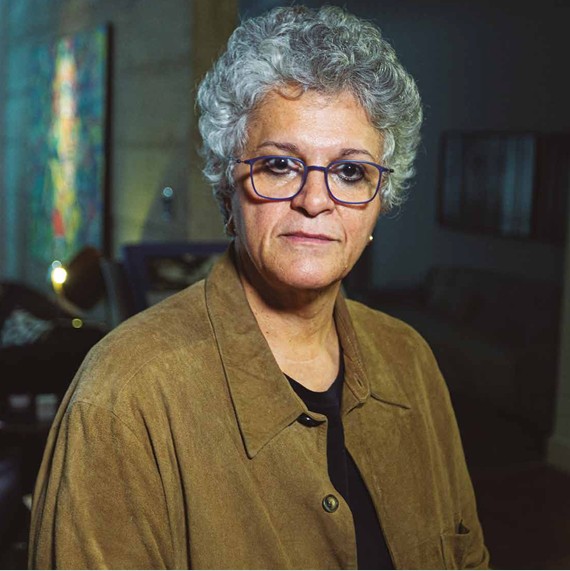Opening and Moderation

Izabella Teixeira
Member of the International Advisory Board
Co-Chair of the UN International Resource Panel and Minister of Environment (2010-2016)

Livia Pagotto
Institutional Director at Arapyaú Institute
In recent years, the international climate agenda has undergone significant shifts, with climate finance emerging as a crucial pillar in the transition to a sustainable future. The Paris Agreement highlights finance as a key means of implementation and a fundamental component of climate justice. As such, mobilizing philanthropic, public and private sector investment is increasingly seen as essential for driving economic development and environmental change. In addition to that, the momentum for climate action has grown unprecedentedly, with countries from the Global South, including India, Brazil, and South Africa, assuming prominent leadership roles in major international forums. Brazil, in particular, is set to host COP30 in 2025, following its upcoming role in the G20 Presidency. These leadership positions present Brazil with unique opportunities to shape the global climate finance agenda.
In this context, the event featured a high-level panel discussion aimed at critically assessing the current global climate finance landscape and its key drivers. The event explored Brazil's strategic opportunities as the nation prepares for COP30 and seeks to leverage its leadership roles in the G20 and COP30 to advance the climate finance agenda. The discussion emphasized the importance of cross-sector collaboration, innovative funding mechanisms, and policy advancements, particularly within the context of Brazil's growing influence in international climate forums. The event also aimed to explore the implications of this evolving global landscape and identify key challenges and opportunities for Brazil as it positions itself within the realm of global climate finance.
14:00 pm (BRT)
English
In recent years, the international climate agenda has undergone significant shifts, with climate finance emerging as a crucial pillar in the transition to a sustainable future. The Paris Agreement highlights finance as a key means of implementation and a fundamental component of climate justice. As such, mobilizing philanthropic, public and private sector investment is increasingly seen as essential for driving economic development and environmental change. In addition to that, the momentum for climate action has grown unprecedentedly, with countries from the Global South, including India, Brazil, and South Africa, assuming prominent leadership roles in major international forums. Brazil, in particular, is set to host COP30 in 2025, following its upcoming role in the G20 Presidency. These leadership positions present Brazil with unique opportunities to shape the global climate finance agenda.
In this context, the event featured a high-level panel discussion aimed at critically assessing the current global climate finance landscape and its key drivers. The event explored Brazil's strategic opportunities as the nation prepares for COP30 and seeks to leverage its leadership roles in the G20 and COP30 to advance the climate finance agenda. The discussion emphasized the importance of cross-sector collaboration, innovative funding mechanisms, and policy advancements, particularly within the context of Brazil's growing influence in international climate forums. The event also aimed to explore the implications of this evolving global landscape and identify key challenges and opportunities for Brazil as it positions itself within the realm of global climate finance.

Co-Chair of the UN International Resource Panel and Minister of Environment (2010-2016)


